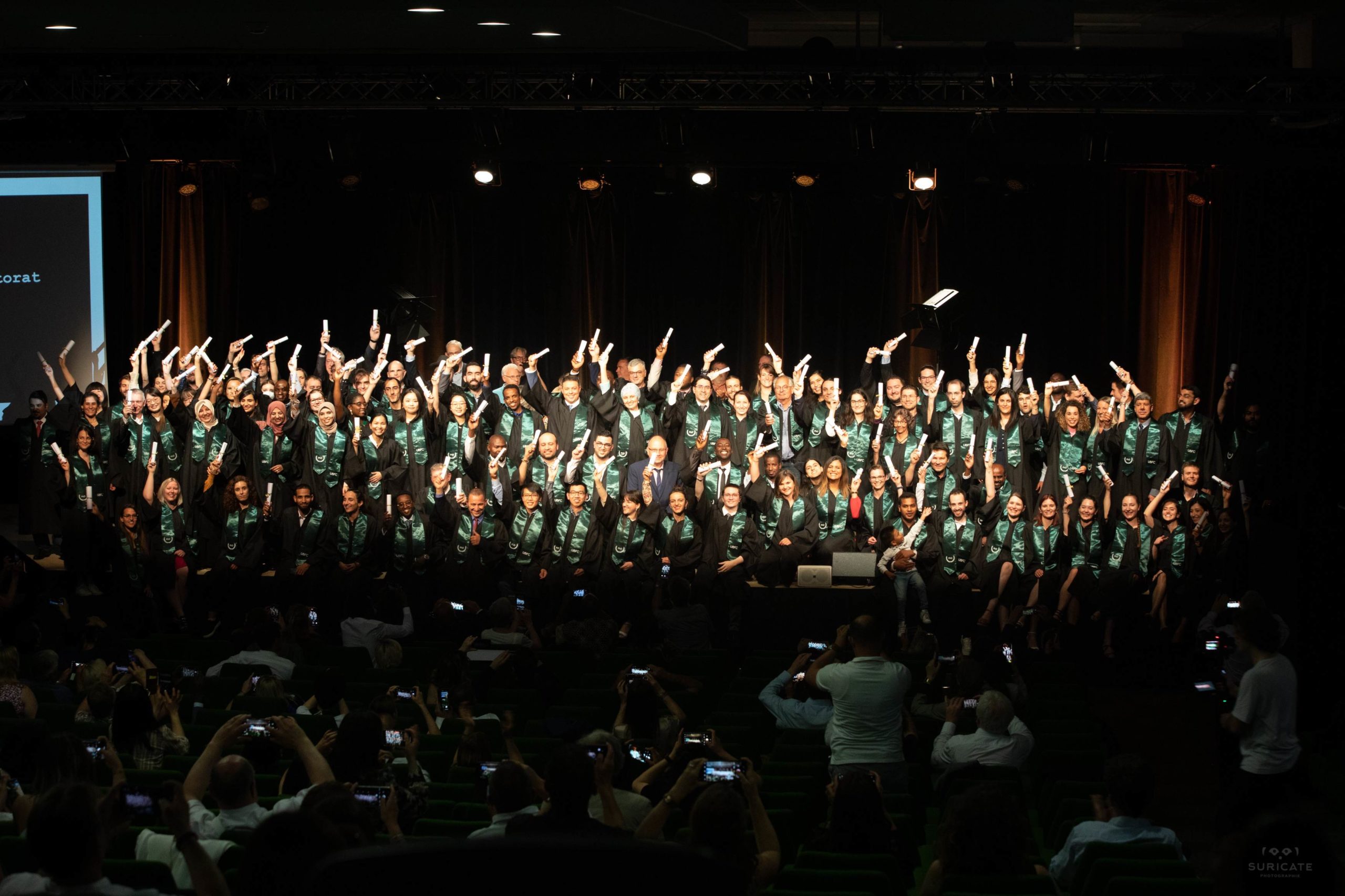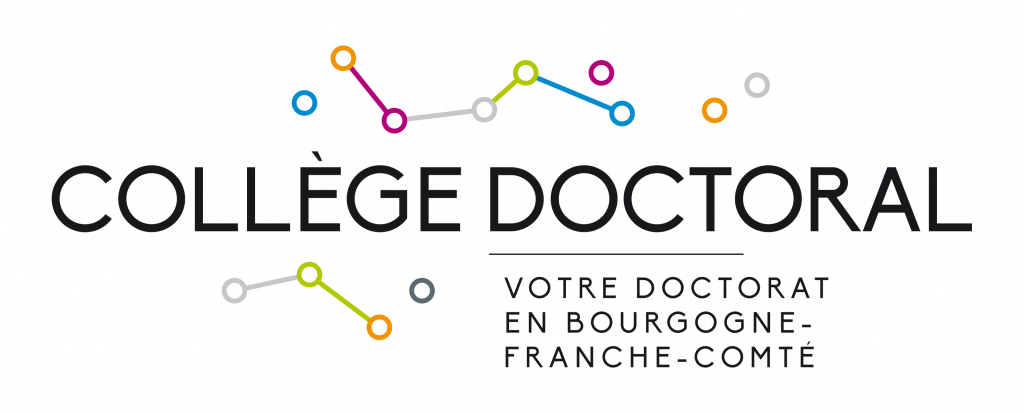The doctoral degree

The doctoral degree is the highest academic degree. It represents a professional experience that allows students to acquire high-level scientific skills as well as generic skills to be valorised in senior positions in all socio-economic sectors. It consists in conducting an original and novel research project on the one hand, and in carrying out an individual in-house training scheme that supports the research project and the PhD student’s professional project on the other hand.
Doctoral training takes place in a doctoral school (DS) certified by the Bourgogne-Franche-Comté institutions for the 2024-2029 contract. Each of the DSs certified within the framework of the 2024-2029 contract commits to implement the action plans defined in the decree of 25 May 2016, especially i) the continuing education schemes that prepare future doctors to the furthering of their career, and ii) actions that favour research structuring and transdisciplinarity on the site of each institution. Each DS will pay special attention to recruiting the best PhD students, to thesis funding (salary and functioning), to its smooth proceeding, to the valorisation of results, and to a fair support to the labelled research units. The rules and regulations of each DS are public.
The institutions commit to develop an ambitious doctoral policy, respectful of individuals, and looking to the future and to professional success. Doctoral training is a key stake of the isntitutions development, visibility, and reach, but also a fundamental stake of training in and through research of highly qualified professionals who will help our deeply changing society and socio-economic world tackle current challenges.
The PhD student is a training researcher. Throughout the 3 years of the thesis, he/she builds up professional experience within a research unit. His/Her works are the subject of a doctoral thesis. He/She is the author of the thesis, and presents it during defence..
The PhD student enrolls in a doctoral school (DS) certified by one of the institution in Bourgogne Franche-Comté, to which his/her research unit belongs. He/She is supervised throughout the thesis by a thesis supervisor, or even two if the thesis takes place within the framework of international or local co-supervision.
The thesis supervisor is the holder of a habilitation to direct research (HDR). He/She supervises the PhD student and helps him/her define and carry out his/her doctoral project, as well as his/her professional integration. He/She belongs to the doctoral school where the PhD student is registered.
Within the framework of international co-supervision, the PhD student is jointly supervised by two thesis supervisors. The first one belongs to the institution with which he/she registered, and the second one to the partner university.
Within the framework of local co-supervision, the PhD student is also supervised by two persons, i.e. the thesis supervisor and a co-supervisor. The co-supervisor can be the holder of an HDR or not. The latter case is called non-HDR co-supervision.
The PhD student carries out his/her research work in a research unit that hosts him/her and contributes to his/her training. The laboratory belongs to the DS with which the PhD student registered. It is often the place where the PhD student works daily, and represents his/her scientific environment. The Head of the research unit is thus directly implied in the PhD student’s supervision; he/she takes part in the decisions made throughout the doctoral thesis.
The list of the laboratories that belong to the DSs is available on the DSs’ respective websites.
The Doctoral mission gathers all the administrative staff involved in implementing the policy defined by the Doctoral College.
It includes the following structures:
– the doctoral schools (13 secretariats in 3 sites)
– the administrative offices of each site
– the cross-cutting doctoral mission
– the Doctoral College body
